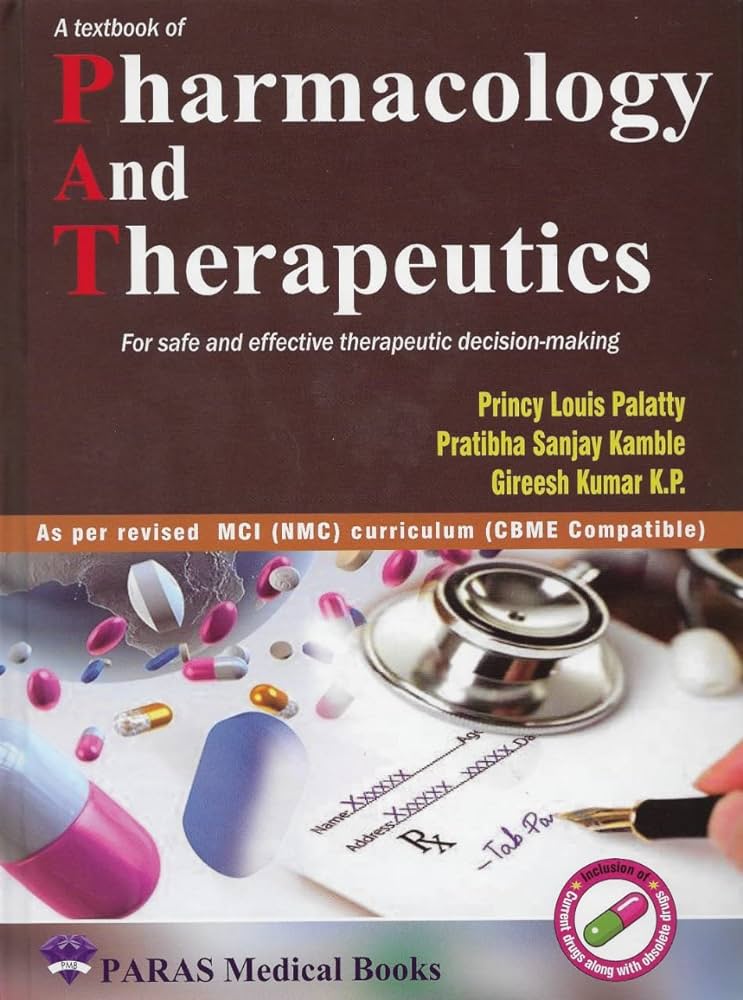靶向骨髓细胞免疫代谢改善当前非小细胞肺癌治疗。
IF 12.5
1区 医学
Q1 PHARMACOLOGY & PHARMACY
引用次数: 0
摘要
尽管最近免疫治疗的进展改善了临床结果,但非小细胞肺癌(NSCLC)仍然是最致命的癌症类型,因为目前的治疗在许多患者中失败。这突出表明需要继续研究这种复杂和多方面的恶性肿瘤。肺肿瘤微环境(TME)的特征是骨髓系先天免疫细胞的浸润,包括巨噬细胞和中性粒细胞,这些细胞会影响患者的预后。这些细胞诱导炎症和功能反应,可以促进和抑制肿瘤的生长和进展,这些功能与其细胞内代谢直接相关。肺TME提供了一个信号环境,包括细胞因子和代谢物,诱导肿瘤相关骨髓细胞的代谢重编程。在这里,我们回顾了目前对肿瘤相关骨髓细胞代谢的理解,特别是在NSCLC的背景下。最近的研究表明,一些代谢途径有可能被药理学操纵,以消除或重新编程致病性、促肿瘤和/或免疫抑制的骨髓细胞,使其进入抗肿瘤状态,用于非小细胞肺癌治疗。因此,我们强调并提出了这些骨髓细胞的潜在代谢靶点,重点是巨噬细胞和中性粒细胞。这些细胞在影响适应性细胞的后续反应中具有直接作用,必须进一步研究它们的细胞代谢以确定潜在的药物治疗靶点。靶向TME中的髓细胞代谢可能与目前的免疫检查点抑制(ICI)和化疗方案联合使用,以改善肺癌患者的预后。本文章由计算机程序翻译,如有差异,请以英文原文为准。
Targeting myeloid cell immunometabolism to improve current non-small cell lung cancer therapies
Although recent advancements in immunotherapy have improved clinical outcomes, non-small cell lung cancer (NSCLC) is still the deadliest cancer type, as current treatments fail in many patients. This highlights a need for continued studies on this complex and multifaceted malignancy. The lung tumor microenvironment (TME) is marked by an infiltration of innate immune cells of the myeloid lineage, including macrophages and neutrophils, which affect patient outcomes. These cells induce inflammation and functional responses that can both promote and inhibit tumor growth and progression, with these functions being directly linked to their intracellular metabolism. The lung TME provides a milieu of signals, including cytokines and metabolites, that induce metabolic reprogramming in tumor-associated myeloid cells. Here, we review the present understanding of tumor-associated myeloid cell metabolism specifically in the context of NSCLC. Recent studies demonstrated that some metabolic pathways have the potential to be manipulated pharmacologically to eliminate or reprogram pathogenic, pro-tumor, and/or immunosuppressive myeloid cells to anti-tumor states for NSCLC therapies. Therefore, we highlight and propose potential metabolic targets in these myeloid cells, focusing on macrophages and neutrophils. These cells have direct roles in affecting subsequent responses of adaptive cells and their cellular metabolism must be further investigated to identify potential pharmacologic therapeutic targets. Targeting myeloid cell metabolism in the TME may be used in combination with the current regimen of immune checkpoint inhibition (ICI) and chemotherapy to improve outcomes for lung cancer patients.
求助全文
通过发布文献求助,成功后即可免费获取论文全文。
去求助
来源期刊
CiteScore
23.00
自引率
0.70%
发文量
222
审稿时长
90 days
期刊介绍:
Pharmacology & Therapeutics, in its 20th year, delivers lucid, critical, and authoritative reviews on current pharmacological topics.Articles, commissioned by the editor, follow specific author instructions.This journal maintains its scientific excellence and ranks among the top 10 most cited journals in pharmacology.

 求助内容:
求助内容: 应助结果提醒方式:
应助结果提醒方式:


